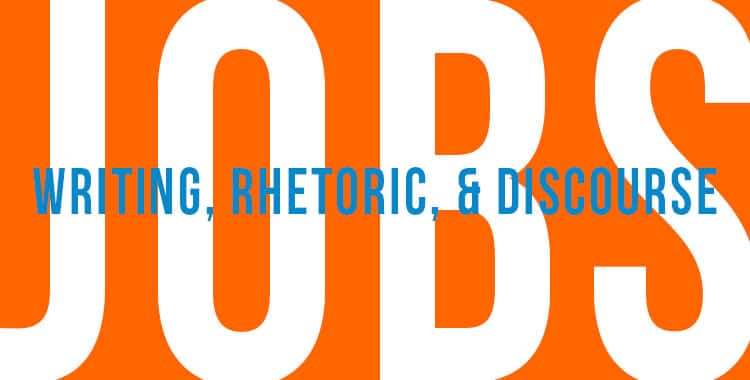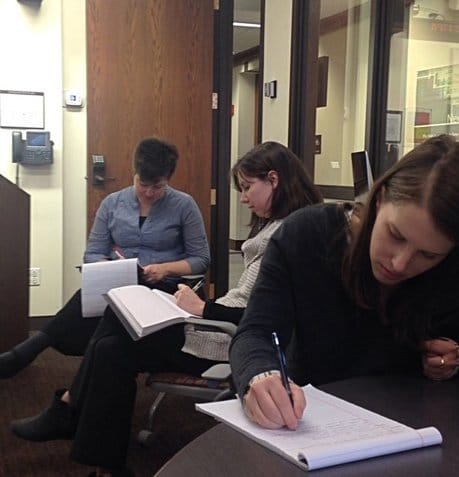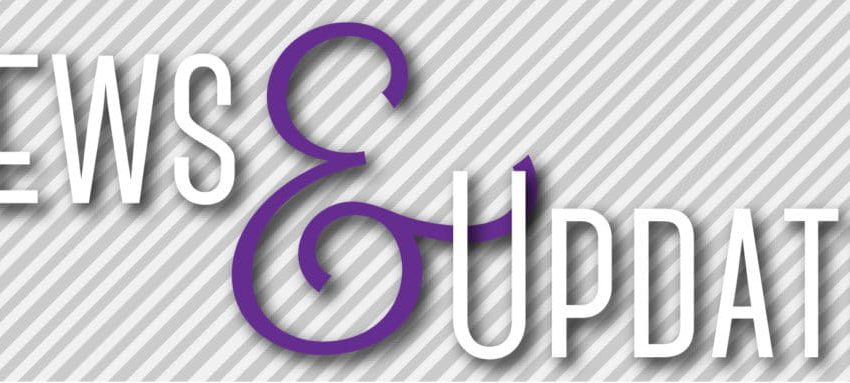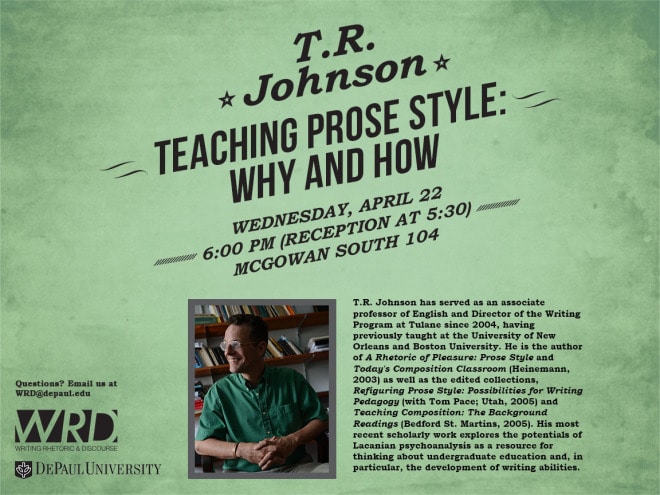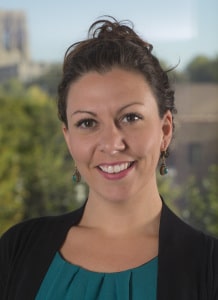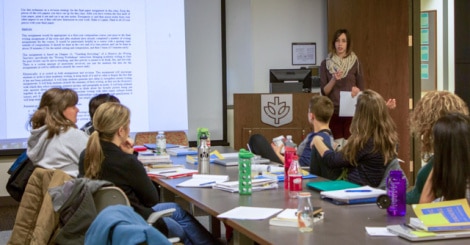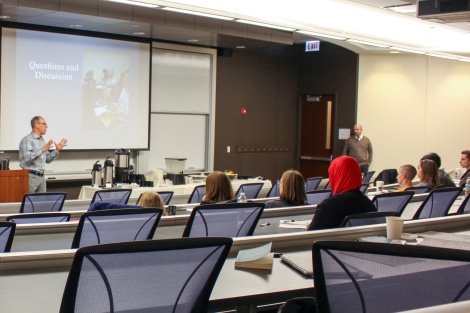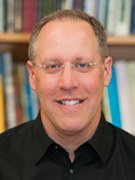Looking for a new job around Chicago? The MA in WRD graduate assistants rounded up these postings this week, lots of them related to teaching and tutoring: Adult Educator – ESL Truman College This position aims “to provide instruction to students enrolled in the Adult Education program at the City Colleges of Chicago in areas such as Adult Basic Education (ABE), General Educational Development (GED), & English as a Second Language (ESL).” Relevant B.A. and experience required, M.A. preferred. Coordinator – Tutoring Services Malcolm X College “The position will be responsible for supporting and coordinating the day-to-day operations of the
Continue reading